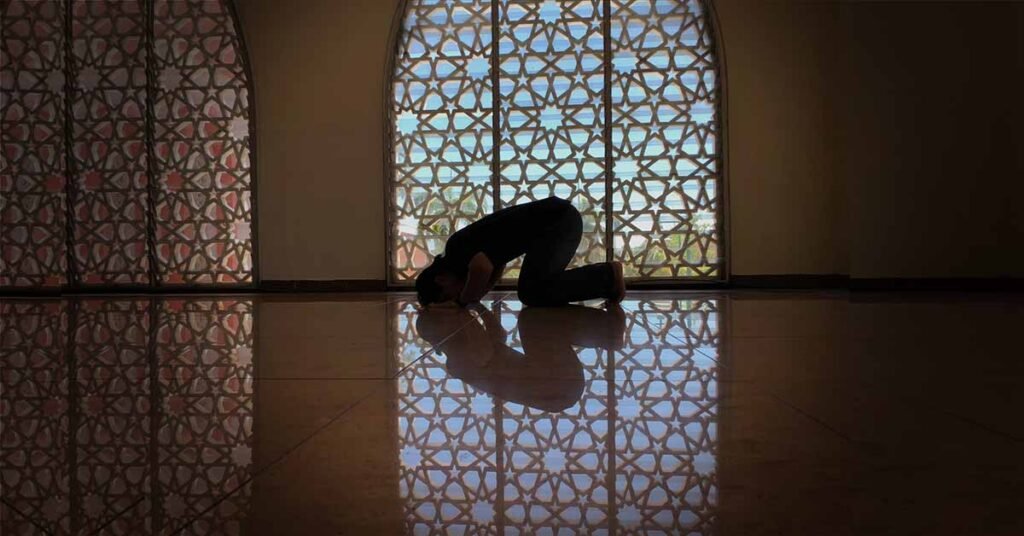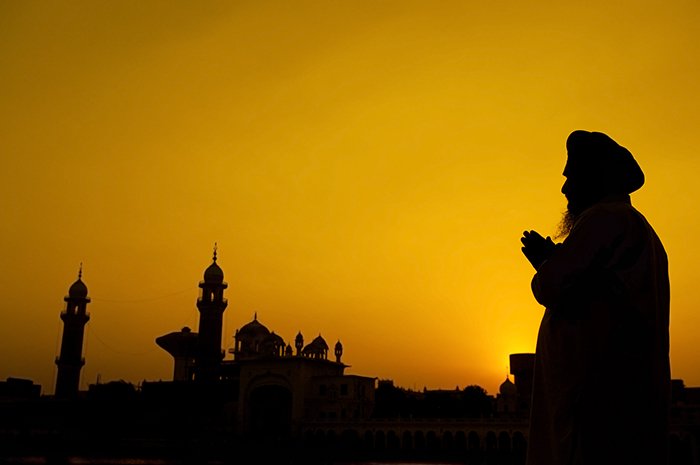Ramadan, the month of forgiveness
Ramadan is the 9th month of Islamic lunar calendar. It is one of the most important for Muslims. They keep fast during this holy month but that’s just not it is a time for spiritual reflection, self-improvement, and increased devotion to Allah.
Forgiveness is a central concept in Islam, and it is considered one of the most important virtues that a Muslim can possess. In Islam, forgiveness is not only encouraged, but it is also considered a duty and a sign of moral and spiritual excellence.
One of the names of Allah in Islam is Al-Ghafur, which means “the Forgiving.” Prophet Muhammad has also emphasized the importance of forgiveness, and he once said, “Whoever forgives, Allah will raise his status.”
Muslims believe that during Ramadan, the gates of heaven are opened, and the gates of hell are closed. People also believe that forgiveness is readily available to those who seek it. It is a time to purify oneself from sins and to seek closeness to Allah.
Repentance in Islam – Wikipedia

The art of forgiving someone
The art of forgiving someone is a process that requires a deep understanding of oneself and others. It is a skill that can be learned, practiced, and refined over time. To forgive, one must first acknowledge the hurt and pain that has been caused. It is also important to put ego aside.
This can be difficult, as it may require facing one’s own vulnerability and emotions. However, once the hurt has been acknowledged, one can begin to develop empathy and compassion towards the person who caused the pain.
Forgiving someone is a conscious decision, and it requires a willingness to let go of negative emotions and move forward. The art of forgiveness is a powerful tool for personal growth, healing, and building stronger relationships with others.
Forgiving someone is important for several reasons. Holding onto resentment and anger towards someone can be mentally and emotionally draining, causing stress, anxiety and even depression.
By forgiving the person who has wronged you, you can release these negative emotions and find greater peace of mind and it can help to repair damaged relationships. When you forgive someone, it can open up the lines of communication and allow for a deeper understanding of the situation. This can lead to greater empathy and a more positive relationship in the long run.
is an important part of healing and moving forward from past hurts. While it can be a difficult process, it can ultimately lead to greater peace, happiness, and wellbeing in our lives.
It’s important to remember that forgiveness is not about excusing the other person’s behavior or minimizing the harm they may have caused. Instead, forgiveness is about finding peace and letting go of negative emotions that can hold you back.
Some people may choose to forgive immediately, while others may need more time to process their emotions and come to a place of forgiveness. It’s important to take the time you need to heal and make the decision that feels right for you.
Holding grudges can have a negative impact on your mental, emotional, and physical wellbeing. When you hold onto anger, resentment, or bitterness towards someone, you allow that negative energy to take root and fester inside of you.

Conclusion
In Islam, forgiveness is not just about letting go of anger and resentment, but it also involves treating the person who has wronged you with kindness and compassion. Muslims are not required to forgive those who continue to harm them or others, and they are allowed to seek justice and protection from such individuals.
Additionally, forgiveness does not mean forgetting the wrong that was done, but rather it means choosing not to hold a grudge or seek revenge. Forgiveness is a crucial aspect of Islamic teachings, and Muslims are encouraged to practice it in their daily lives as a means of achieving spiritual purification and attaining the pleasure of Allah.
“Istighfar” is an Arabic term commonly used in Islamic culture, which refers to seeking forgiveness from Allah for one’s sins and mistakes. It is a form of repentance and a way to ask for Allah’s mercy and blessings.
Muslims may also seek forgiveness through acts of charity, performing good deeds, and making sincere repentance. Repentance involves acknowledging one’s wrongdoing, feeling remorse for it, making a sincere commitment to avoid repeating the sin, and asking Allah for forgiveness.
Overall, seeking forgiveness is an essential part of a Muslim’s spiritual practice, and it serves as a means of attaining Allah’s mercy and forgiveness for one’s sins.




